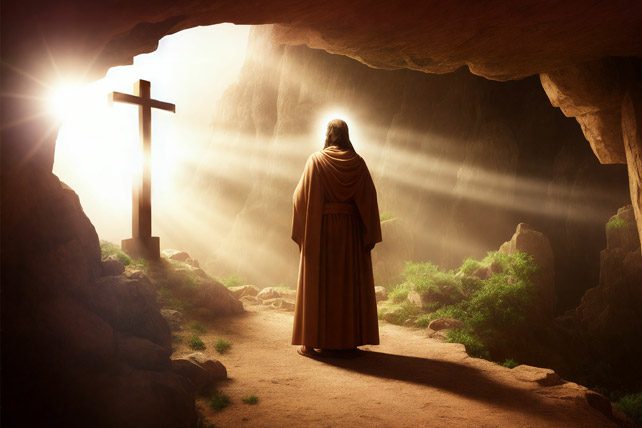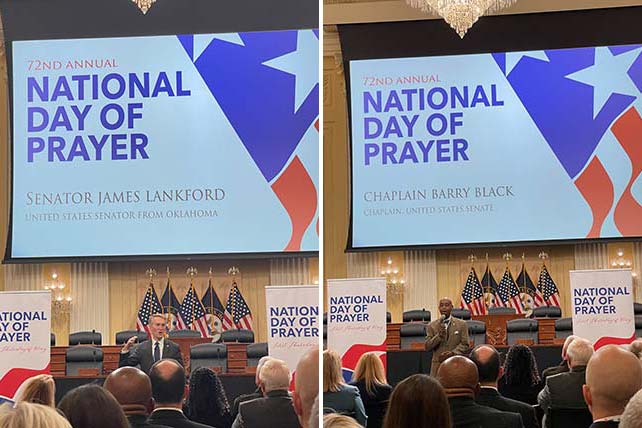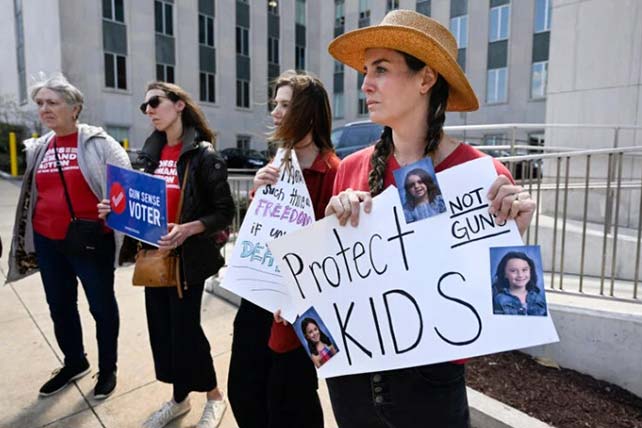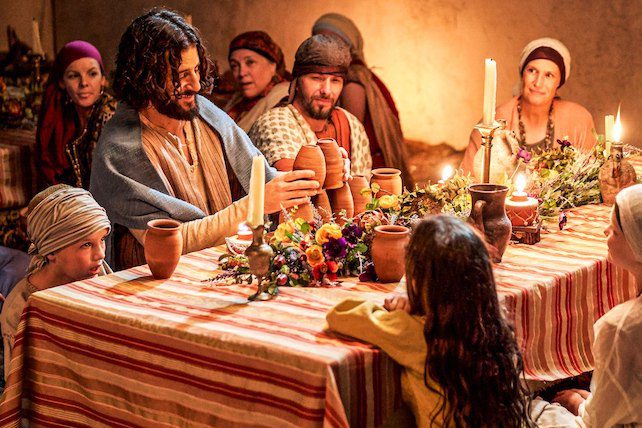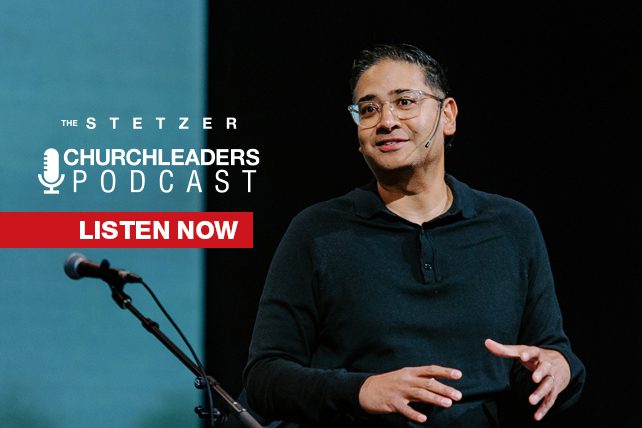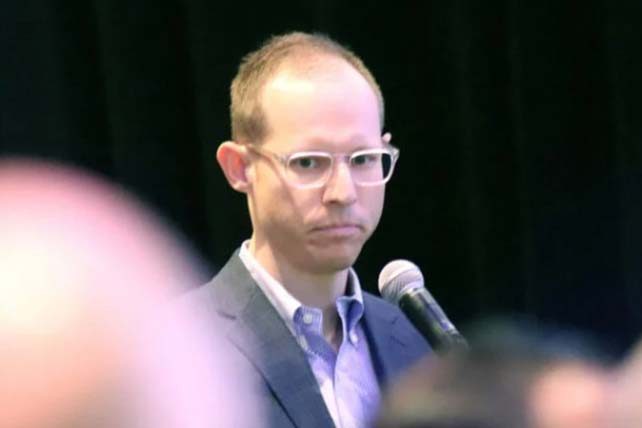(RNS) — In 2013, a filmmaker from Los Angeles who considers herself agnostic found herself tagging along with a group of conservative church women in Oklahoma.
The daughter of a cinematographer and costume designer who was raised on film sets, Laurel Parmet was submerged in on-site research for a short film about rodeo when she bumped into the group, who introduced her to their nondenominational church.
“When I first learned some of their more extreme beliefs, like that it’s a woman’s responsibility to not lead a man into temptation, and how they dressed, and being very aware of modesty and covering up their bodies, my first reaction was shock,” Parmet told Religion News Service in a recent video interview. “But then, interestingly, the more that I thought about it, I just realized how much we had in common.”
As a teen, Parmet became involved with an older man — she hesitates to call it a “relationship” — and, when it ended, came away with guilt she couldn’t explain. Listening to the women she met in Oklahoma, Parmet began to question her lingering shame over a situation in which she had clearly been taken advantage of.
RELATED: Diane Langberg on Church Leaders and Abuse: ‘We Have Utterly Failed God’
“Sexual shame and seeking approval from men are really these universal experiences for women no matter how you grew up,” Parmet said. “And I wanted to tell a story, looking at this world that is extreme and specific, but is ultimately a reflection of the larger culture.”
That story became “The Starling Girl,” a feature-length film Parmet wrote and directed. Set in rural Kentucky, it follows 17-year-old Jem’s struggle to align her self-expression and sexual desires with her parent’s expectations and church’s fundamentalism. The rigid frameworks of her faith rupture when Owen, a magnetic — and married — youth pastor, returns her affections.
The film sensitively portrays both Jem and Owen, who himself is aching to escape the stifling doctrine of his pastor father and a marriage that is coming apart. He is “totally in the wrong,” Parmet said, as he wields his authority to seduce Jem. At the same time, Parmet doesn’t tame Jem’s ferocity, agency or her capacity for manipulation.
Parmet said she refused to make the film a clean-cut account of an unequal relationship.
“When abuse is framed as just black and white, it can be harder for people going through it to reckon with it and realize it. We can deny our own wounds because we think they aren’t serious enough. And that only perpetuates the problem,” said Parmet. “And so I wanted people to see how complicated it can be. The ways we can be exploited while at the same time wielding power.”

Eliza Scanlen and Lewis Pullman in Bleecker Street’s “The Starling Girl.” Movie still by Brian Lannin, Courtesy of Bleecker Street
This dynamic isn’t specific to religious groups, but in “The Starling Girl,” conservative Christian teachings about male authority and women’s limited agency over their bodies show how the church makes itself susceptible to abuses of power.
Still, “The Starling Girl” isn’t a sweeping condemnation of Christianity.
“I wanted audiences to be invested in these characters, not to be watching judgmentally from afar,” Parmet explained. “The film intends to offer a more complex look at religion and faith. It maybe even suggests that there are many ways to connect with God. Maybe God lives in Jem’s questions and desires.”
The film’s embrace of gray areas puzzled some would-be partners. The fact that it “wasn’t flat out attacking Christianity” was “harder for people to understand,” said Parmet.
RELATED: ‘All Shepherds Are Sheep’—Diane Langberg on Abuse and Authority in the Church
But producer Kara Durrett was hooked on the film as soon as she heard the concept. As the script evolved, Parmet was chosen to be a 2019 fellow in the Sundance Screenwriters Intensive. Then Parmet and Durrett attended Catalyst in 2021, a program that helped connect them to financial backers.
Meanwhile, Parmet enlisted women who had left Quiverfull and Independent Fundamentalist Baptist churches, some of them abuse victims, to help her capture the nuances of life in the nondenominational, fundamentalist community portrayed in the film. Crew members also had grown up in conservative churches, including the film’s production designer, who, Parmet said, “was just able to bring such a level of authenticity and detail to the story.”


